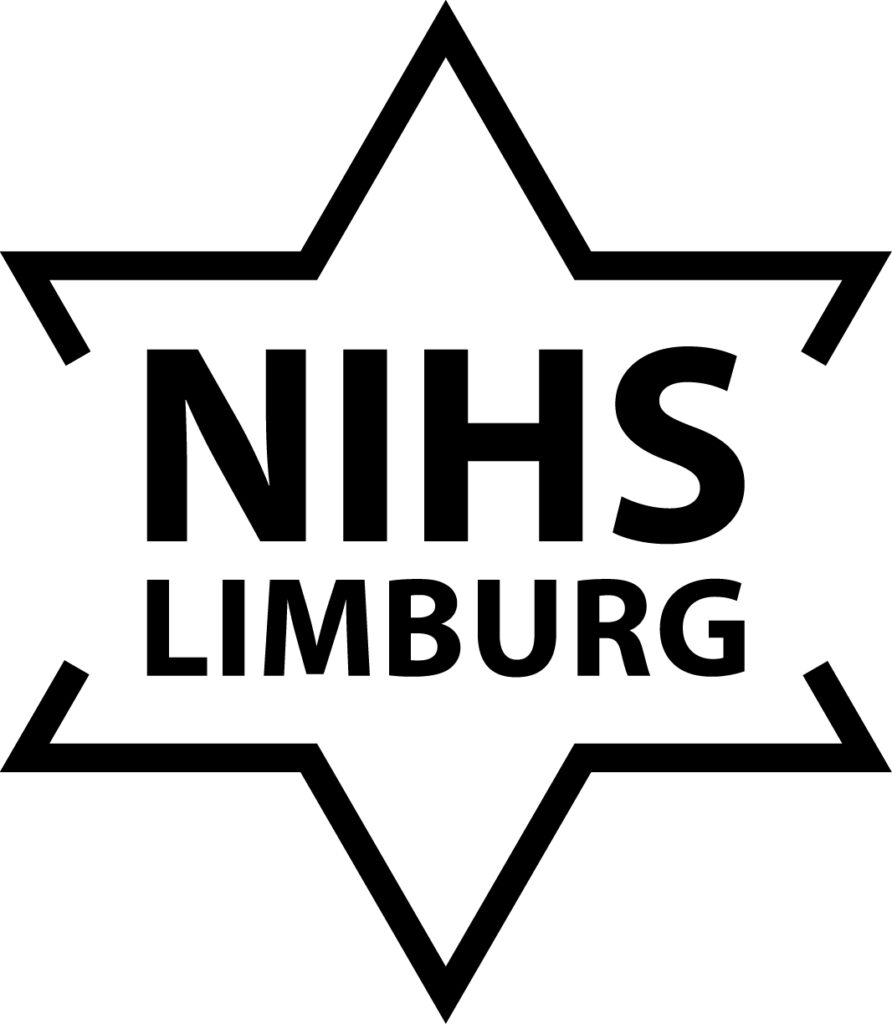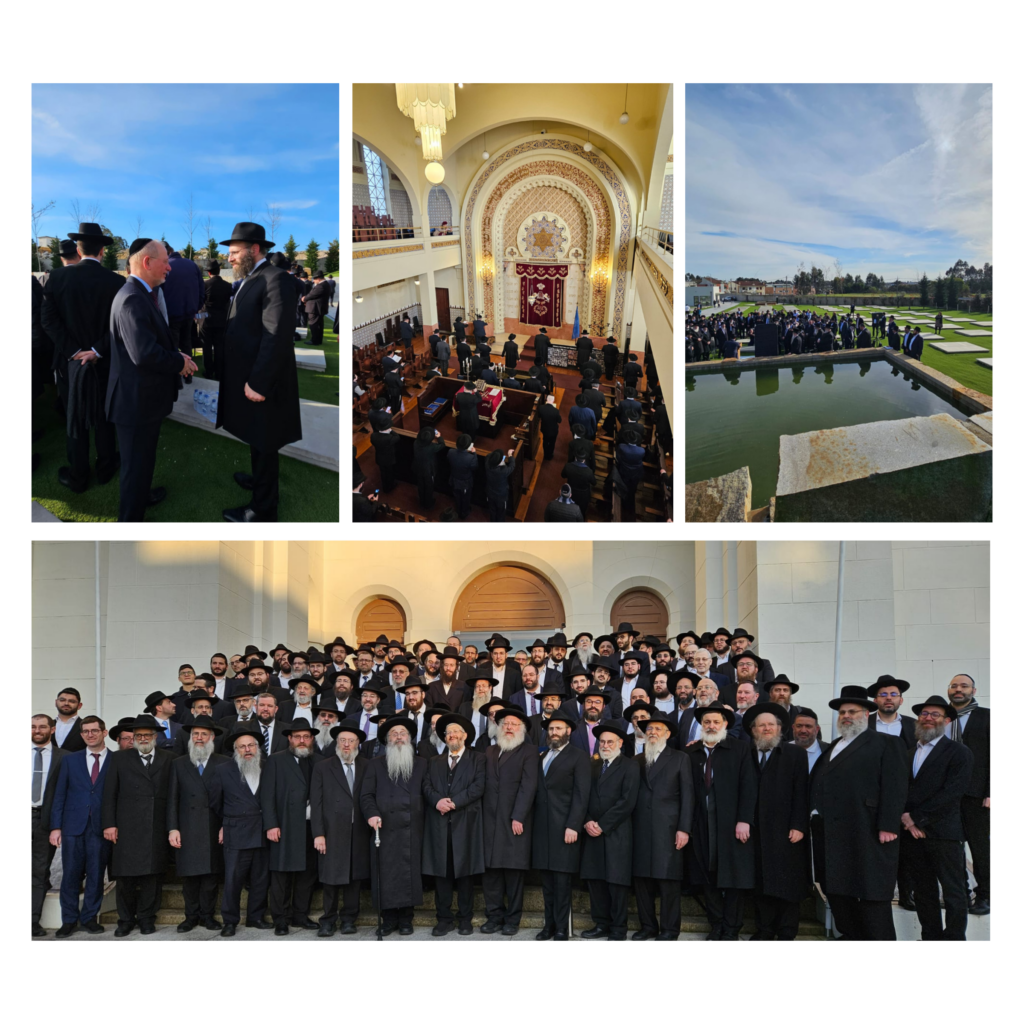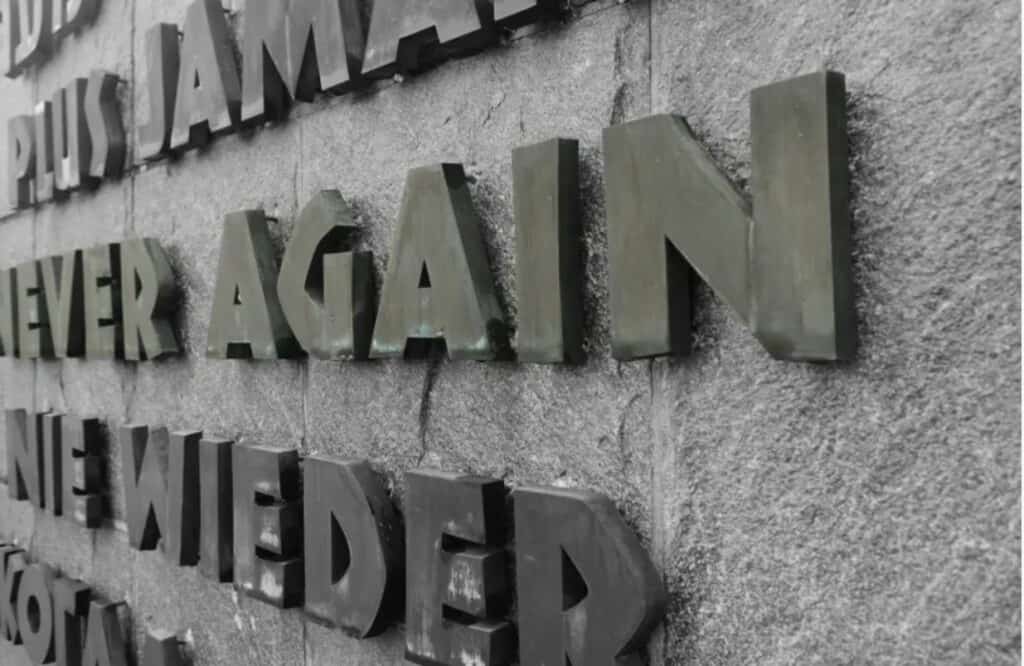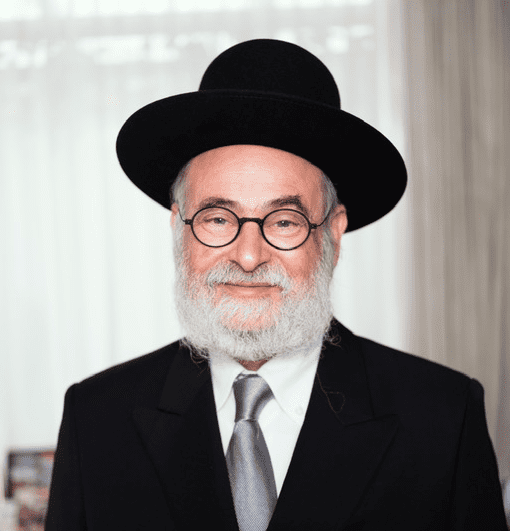The European Jewish Association is proud and delighted to welcome another organisation to our growing roster of partners and communities.
We have just concluded and signed a memorandum of understanding with The Jewish community of Limburg (NIHS Limburg).
We very much look forward to work closely together to the benefit of the Limburg jewish community and European Jewry as a whole.














